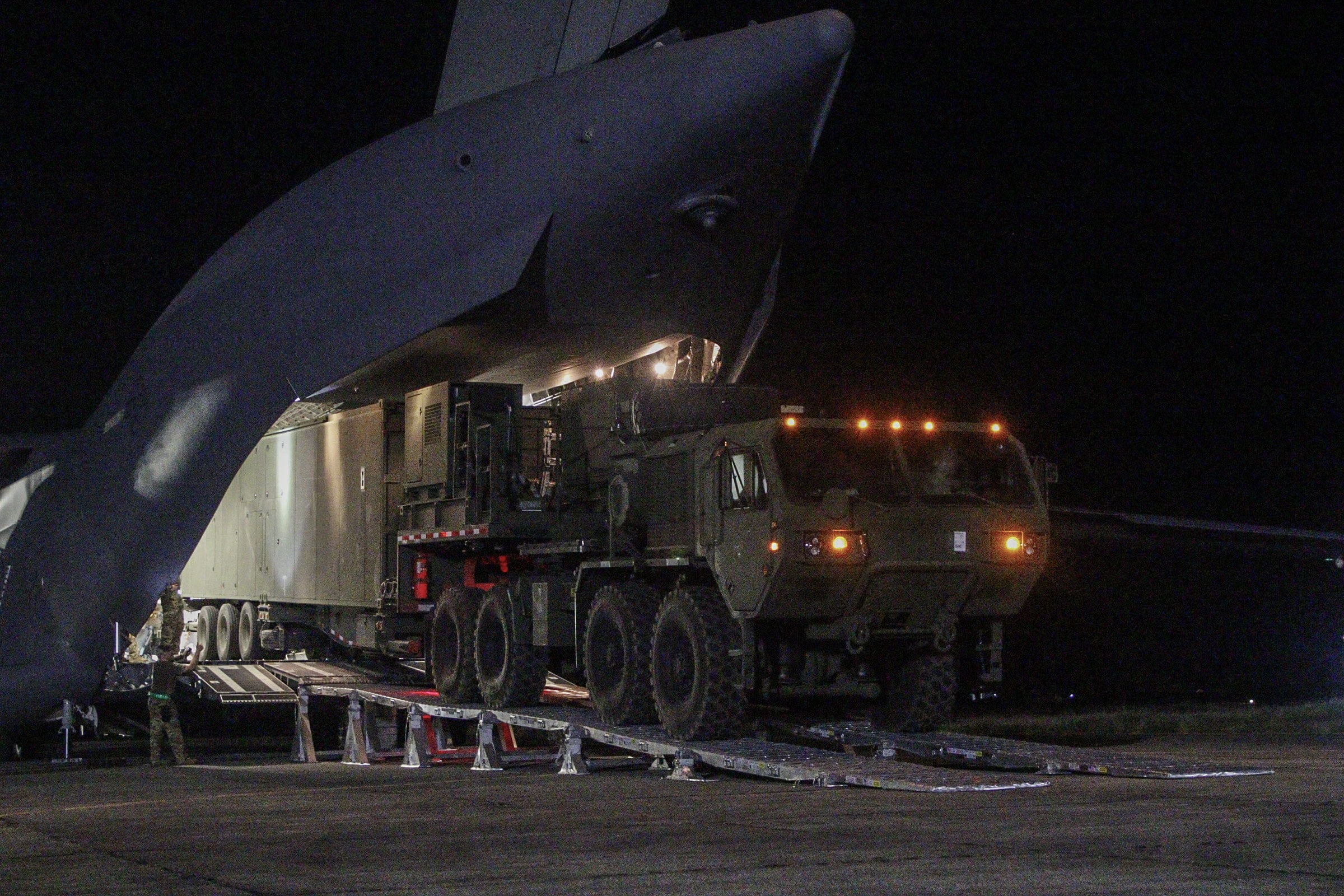Germany's Pursuit of US Long-Range Weapons: A Strategic Bridge to European Defense Autonomy
 The Tech Times
The Tech Times
In a critical move that highlights the evolving dynamics of transatlantic defense cooperation, Germany has turned to the United States to bridge a significant gap in its military capabilities. This request for long-range weapons, initially agreed upon during the Biden administration, awaits the final nod from President Trump's administration. It underscores Germany's strategic pivot towards strengthening its deterrence capabilities while transitioning towards indigenous European defense technologies.
The Historical Context of Transatlantic Defense Relations
Germany's current request stems from a longstanding tradition of military collaboration between Europe and the United States, a relationship rooted in the aftermath of World War II. The Marshall Plan and NATO's formation established a robust framework for defense cooperation, ensuring European security during the Cold War.
However, Europe's dependency on American military technology has often been a double-edged sword. While it provided immediate security assurances, it also delayed the development of an autonomous European defense industry. The European Union has since recognized the need to cultivate its military prowess, aiming for strategic autonomy—a vision that Germany's current request is poised to support.
The Biden-Era Agreement and Its Implications
The original agreement under the Biden administration was a strategic move to bolster NATO's eastern flank amidst increasing tensions with Russia. By equipping Germany with advanced U.S. missiles, both nations aimed to enhance deterrence against potential adversaries. This agreement also served as a political gesture to reaffirm the United States' commitment to European security under NATO's umbrella.
However, the evolving geopolitical landscape necessitates a reevaluation of such arrangements. Germany's request reflects its dual strategy: ensuring immediate security through U.S. technology while gradually transitioning to European solutions. This approach aligns with Germany's broader defense strategy, seeking to balance reliance on American support with the development of indigenous capabilities.
The European Defense Landscape: Towards Autonomy
Europe's defense autonomy has been a subject of intense debate, with Germany often at the forefront of initiatives like the Permanent Structured Cooperation (PESCO) and the European Defence Fund (EDF). These initiatives aim to consolidate defense efforts across EU member states, reducing duplication and fostering innovation in military technology.
Germany's strategic request for U.S. long-range weapons should be viewed through this lens. It is not merely about filling an immediate capability gap but also about buying time and capacity to develop European alternatives. By leveraging American technology, Germany can enhance its defense posture while contributing to broader European efforts to reduce dependency on non-European powers.
The Road Ahead: Strategic Partnerships and Innovation
The future of European defense lies in strategic partnerships and innovation. Germany's request is a stepping stone towards this future, facilitating a transition that balances immediate security needs with long-term autonomy goals. This approach reflects a pragmatic understanding of the current geopolitical challenges, ensuring that Europe remains secure while pursuing its strategic interests.
As the transatlantic relationship continues to evolve, Germany's engagement with the U.S. serves as a reminder of the enduring importance of alliances. However, it also highlights the imperative for Europe to invest in its defense capabilities, ensuring resilience in an increasingly multipolar world.
In conclusion, Germany's request for U.S. long-range weapons is more than a transactional defense procurement; it is a strategic maneuver that underscores the complex interplay between dependency and autonomy. As Europe charts its path towards a fortified defense posture, such collaborations will be crucial in shaping a future where European security is both robust and self-reliant.
Source: Germany requests US long-range weapons as bridge to European tech
Subscribe to my newsletter
Read articles from The Tech Times directly inside your inbox. Subscribe to the newsletter, and don't miss out.
Written by
